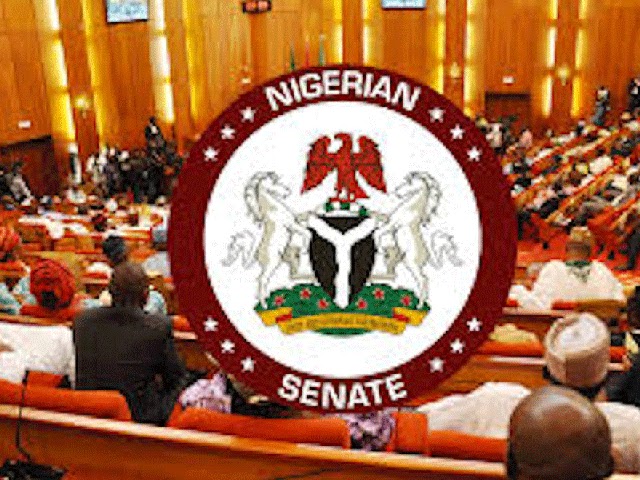This change in procedure comes following a motion presented by the Senate Leader, Michael Opeyemi Bamidele (APC, Ekiti Central), during the Senate's recent plenary session.
Senate President Godswill Akpabio announced the amendment, which received substantial support from senators through a voice vote.
Prior to this amendment, all 109 senators, regardless of their seniority, were eligible to compete for the positions of presiding officers.
The former Rule 3 of the Senate Standing Order stipulated that nominations for presiding officers would align with senators' rankings, considering senators returning based on the number of times re-elected, senators with previous House of Representatives experience, and senators elected for the first time.
However, the newly amended Rule 3 now specifies that any senator aspiring to become Senate President or Deputy Senate President must have served at least one term in the Senate.
This amendment marks a significant change in the Senate's internal rules and procedures and comes several months after a contentious contest for leadership positions in the 10th National Assembly.
Senate President Akpabio himself was elected to his position during a fiercely contested poll on June 13. This election was marked by intrigues, acrimony, and high-stakes politics, with observers describing it as heavily influenced by financial considerations.
In addition to this rule change, the Senate also revised its rules to accommodate the creation of nine additional standing committees, bringing the total number of committees to 83.
The new committees include those focusing on Atomic and Nuclear Energy, Federal Capital Territory Area Council and Auxiliary Matters, Federal Capital Territory, Sports Development, Youth and Community Engagement, Mines and Steel Development, Tourism, and Culture and Creative Economy.
These amendments reflect the Senate's ongoing efforts to refine its internal procedures and adapt to evolving legislative needs in Nigeria.



